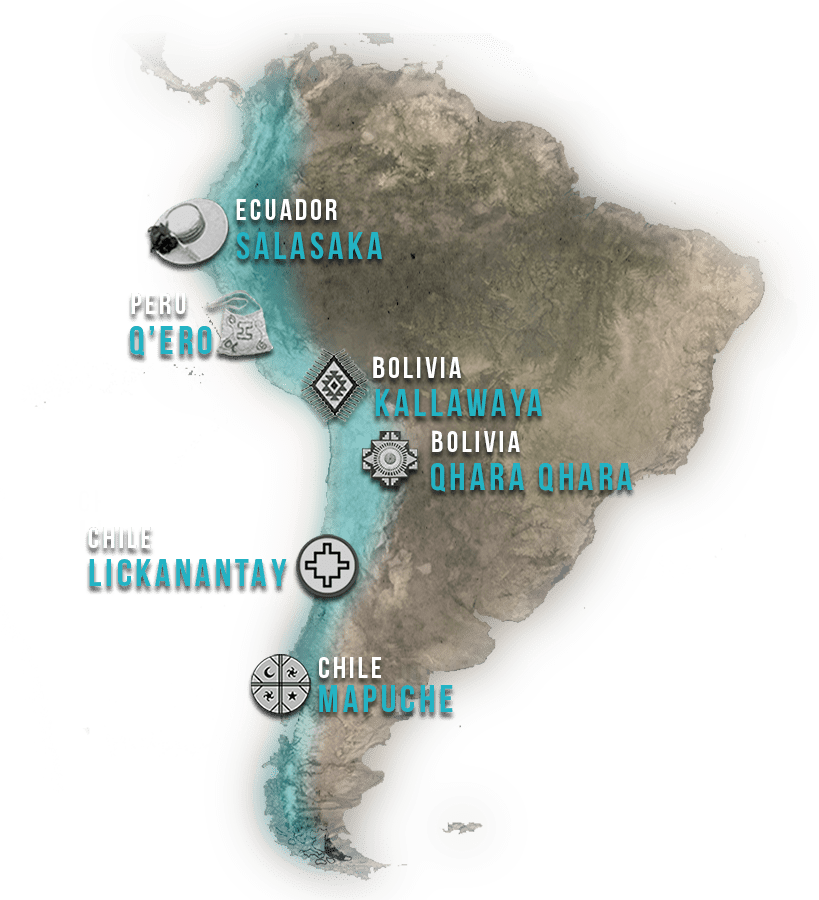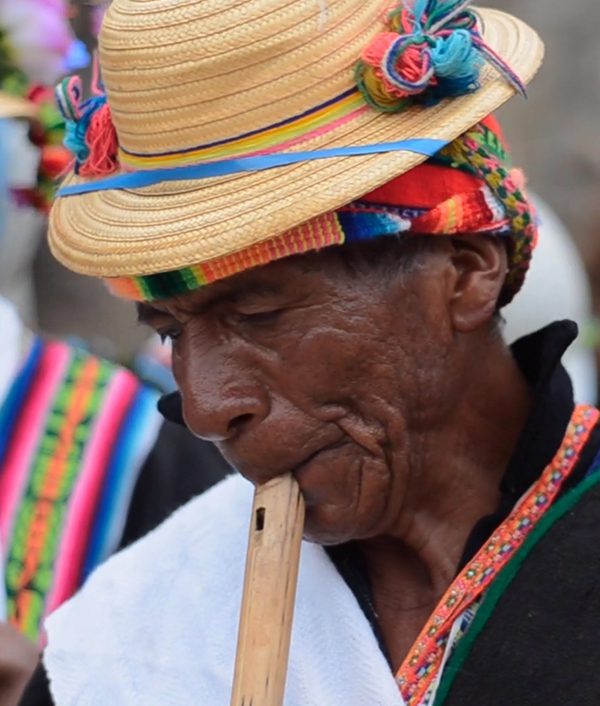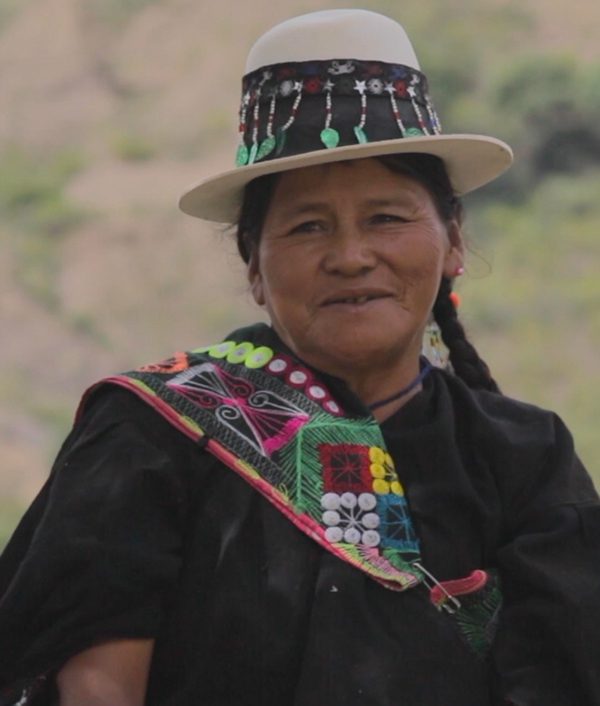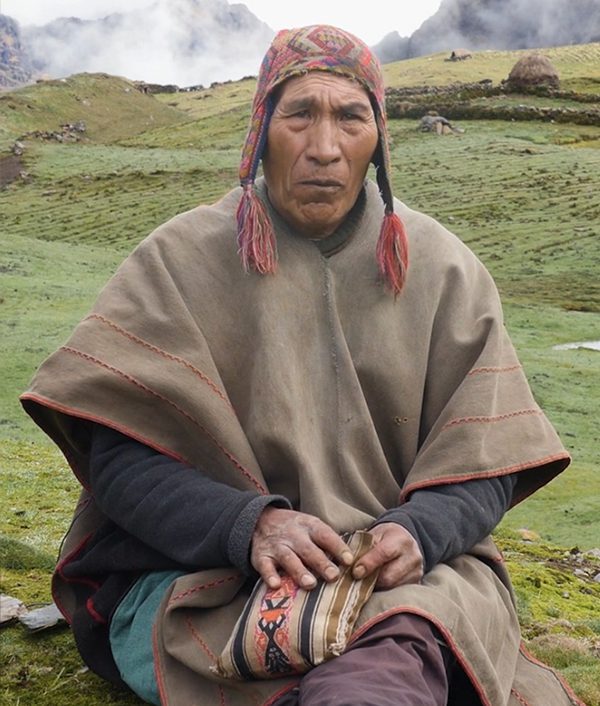Produced by Alan Zambrana, Carlos A. Idrobo, Manuel Martínez Calvo, Koka Tv, Solange Castro Molina, Omar Alarcón, Juan Antonio Correa Calfín, Nicolás Orión, Kayla Vandervort, Dr. Raymy Chiliquinga, Kumiko Hayashi, José Huamán, Delia Ackerman, Carlo Brescia, Esteven Guio, Fredy Conde Huallpa
In the Andes, communities responded to the recent pandemic by reviving their ancient herbal pharmacopeias, their food sovereignty, and their connection with the land. The news coming from the major cities was grim: People dying unattended in the streets or in their homes; hospitals unequipped and overwhelmed; thousands without work, food or health care access.
Life in the nearby traditional communities, or ayllus, contrasted sharply; the death toll was markedly lower, and in many cases nonexistent.
From the Kallawaya and the Qhara Qhara of Bolivia to the Q’ero of Peru and the Salasaka of Ecuador, the principles of ayni, reciprocity, and sumak kawsay, good living, meant turning back to ancestral ways and taking care of each other in the hard times.
With the health crisis as a backdrop, Indigenous elders, healers and academics give their perspectives on the roots of the much broader polycrisis we face today, and what can be done about it.
DOWNLOAD
LEGACY OF THE ANDES
READ
The Salasaka: Weaving Wisdom, Healing and Tradition
READ
The Qhara Qhara: Befriending the Enemy












